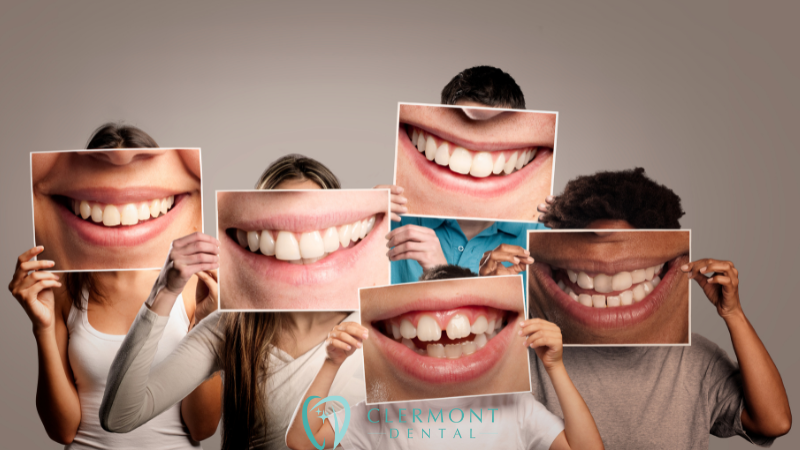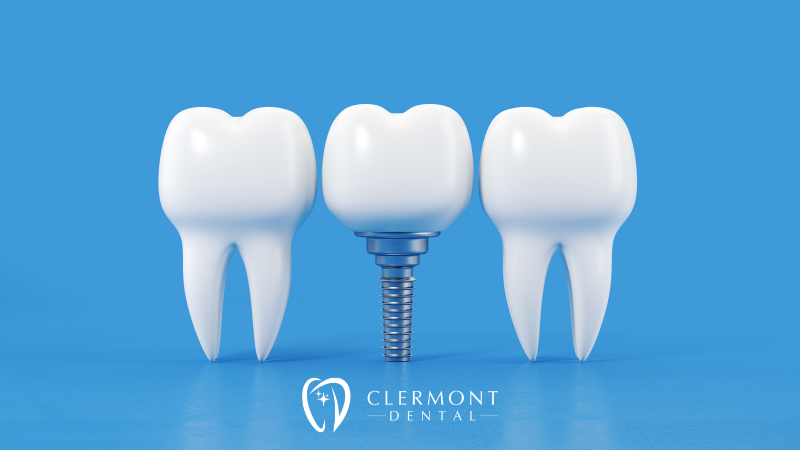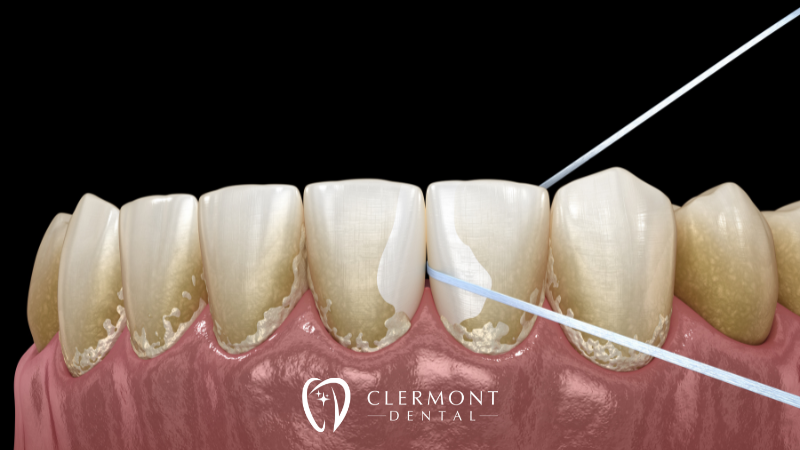If you want to live a long and healthy life, you need to take care of your mouth. From the food you eat to the dental services you receive, oral health has an effect on every aspect of your life.
So much so that every year on the 20th of March, the world celebrates World Oral Health Day. This year the theme was “Be Proud Of Your Mouth”. And we found it fitting to share some oral health tips to help you stay proud of your mouth. Here are 10 tips to can help keep your mouth healthy:
1. Brush twice a day
Brush twice a day.
Brushing your teeth is one of the most important things you can do for your oral health, and it’s also one of the easiest. In fact, you should brush twice a day–once in the morning and once before bed–and floss at least once per day as well (which is the next point)!
When brushing, use small circular motions so that you cover all surfaces of your teeth and gums–especially those hard-to-reach places like between molars or under the gum line where plaque can build up over time if left untreated.
If this sounds like a lot to remember (and it does), don’t worry: there are apps for that!
2. Floss daily
Flossing is another important part of your oral health routine. It removes plaque, which can lead to gum disease if left untreated. Plaque buildup can also cause cavities and tooth decay over time.
Flossing is actually very easy to do: just wind some dental floss around one hand and then slide it between the teeth using a gentle sawing motion (don’t use your fingers). Move slowly from tooth to tooth until you’ve reached the end of your mouth.* The only thing that might be holding you back from flossing daily is remembering how much time it takes each day!
3. Visit the dentist every 6 months
While this may seem like a basic tip, it’s actually one of the most important things you can do for your oral health (something feels like we’ve said this before🤔).
A dental checkup is not only important because it helps prevent cavities and gum disease–it also gives you an opportunity to discuss any concerns with Dr. Safavi or your dentist. If they notice something unusual while they’re looking in your mouth, they’ll be able to address it right away so that no serious damage occurs. And if there are any issues with the state of your mouth that need more attention than simply brushing more often or flossing daily (like fillings), then regular visits will help keep them from getting worse over time and costing even more money down the road!
4. Switch toothbrushes often, every 2-3 months
You should be changing your toothbrush every 2-3 months. This is because the bristles of a manual or electric toothbrush lose their effectiveness after this time period, which can lead to plaque buildup on your teeth.
When buying a new toothbrush, look for one with soft bristles (especially if you have sensitive gums) and pick one with a round head that reaches into all corners of your mouth. You also want something that fits comfortably in your hand so it’s easy for you to hold while brushing!
In addition, look for the ADA Seal—your assurance that the product has been objectively evaluated for safety and efficacy by an independent body of scientific experts, the ADA Council on Scientific Affairs.
5. Use fluoride toothpaste
When you’re brushing your teeth, use fluoride toothpaste. Fluoride helps to strengthen teeth, as well as the enamel on them. It also helps prevent cavities and gum disease by promoting healthy gums.
You can even use it if you have your teeth cleaned professionally at the dentist office–it doesn’t matter if they’re clean or not!
You can buy fluoride toothpaste at any pharmacy or supermarket (or online).
6. Drink plenty of water
Drink plenty of water to keep your mouth and throat from getting dry or chapped. This can increase infection risk and make it harder to keep your teeth clean.
We advise you to drink even more water if you are doing anything that causes your mouth to be dry, for example, if you’re exercising vigorously or breathing through your mouth while sleeping (a common problem for people who snore).
7. Maintain a healthy diet
Eating a healthy diet that includes fruits and vegetables is imperative.
A healthy diet does wonders for your oral health. A good diet will help prevent cavities by keeping your teeth strong and reducing bacteria in your mouth that cause gum disease. The more nutritious foods you eat, the better chance you have of preventing problems from developing in the first place!
- Eat plenty of fruits and vegetables–at least five servings per day! They’re packed with vitamins A & C (which boost immunity) as well as other nutrients that promote health throughout our bodies. Plus, they’re low on calories so there’s no reason not to eat them!
- Avoid sugary drinks, as they contain high amounts of sugar which lead directly to tooth decay over time if not brushed away regularly with a fluoride-based toothpaste afterwards (or better yet: water). If possible try replacing colas with milk instead as they contain less sugar while still providing essential calcium needed for strong bones & teeth.
8. Limit acidic foods
You’ve heard the old adage that an apple a day keeps the dentist away. While it’s true that apples contain lots of healthy vitamins, they also have an acidic ingredient called malic acid that can erode tooth enamel over time. Acidic foods like citrus fruits, tomatoes and pickles may cause ulcers and erode tooth enamel over time.
To protect your smile from the effects of these acidic foods:
- Limit them in your diet!
- Reduce acidic drinks like coffee or soda (or anything else with citric acid).
9. Don’t smoke or chew tobacco
Smoking is bad for your health in general–but it’s especially detrimental when it comes to oral health. It causes periodontal disease, which can lead to tooth loss if left untreated.
Smoking also increases risk of oral cancer and reduces your immunity against common illnesses such as colds or influenza. So if you’re looking to live longer and healthier, consider ditching tobacco products altogether.
10. Pay attention to your breathing patterns during sleep
Sleep apnea is a condition that causes people to stop breathing during sleep. This can happen hundreds of times per night, and it can lead to serious health problems like heart disease, high blood pressure and stroke. In addition, sleep apnea can cause oral health problems if not treated properly.
It’s important that you know the signs of sleep apnea so you can get tested if you’re experiencing them:
- loud snoring (particularly when lying on your back)
- waking up feeling tired or groggy in the morning
- waking up with dry mouth or sore throat due to lack of oxygen flow through your body
Feel free to schedule a sleep assessment with us if you feel like you have been experiencing or know someone with these symptoms.
Conclusion
Maintaining good oral health is important. The mouth is the first line of defense against many diseases, so it’s important to keep your teeth and gums healthy! We hope these tips have helped you learn more about how to take care of yourself and stay proud of your mouth.








